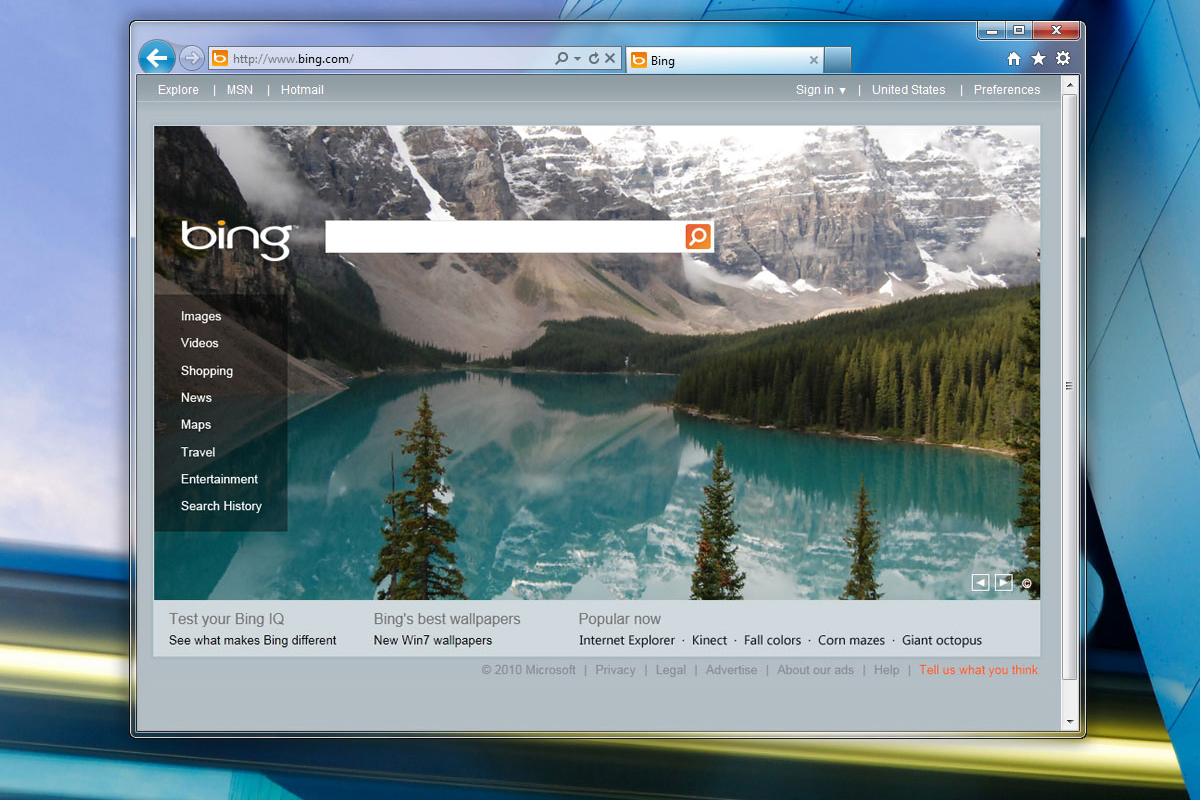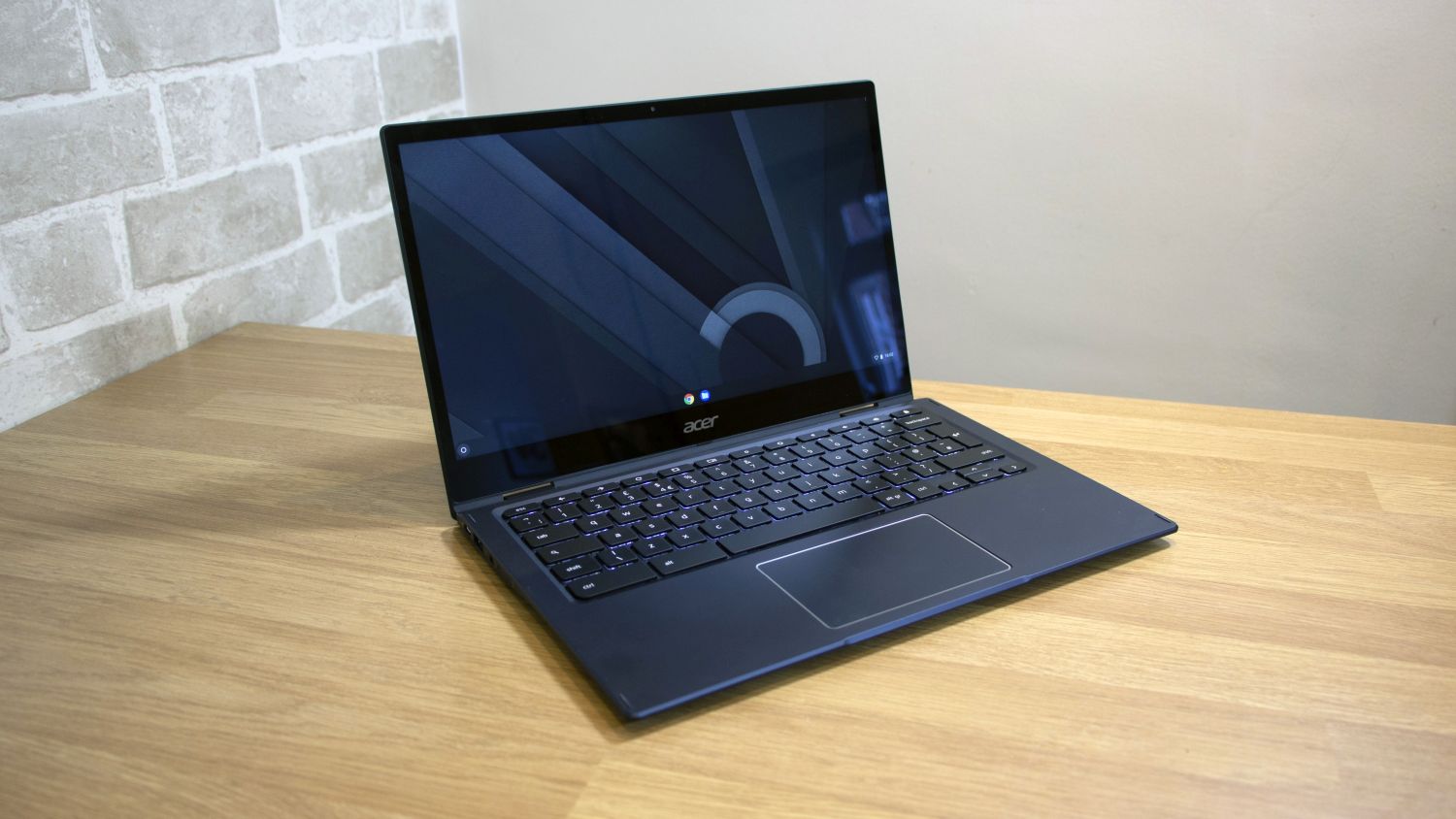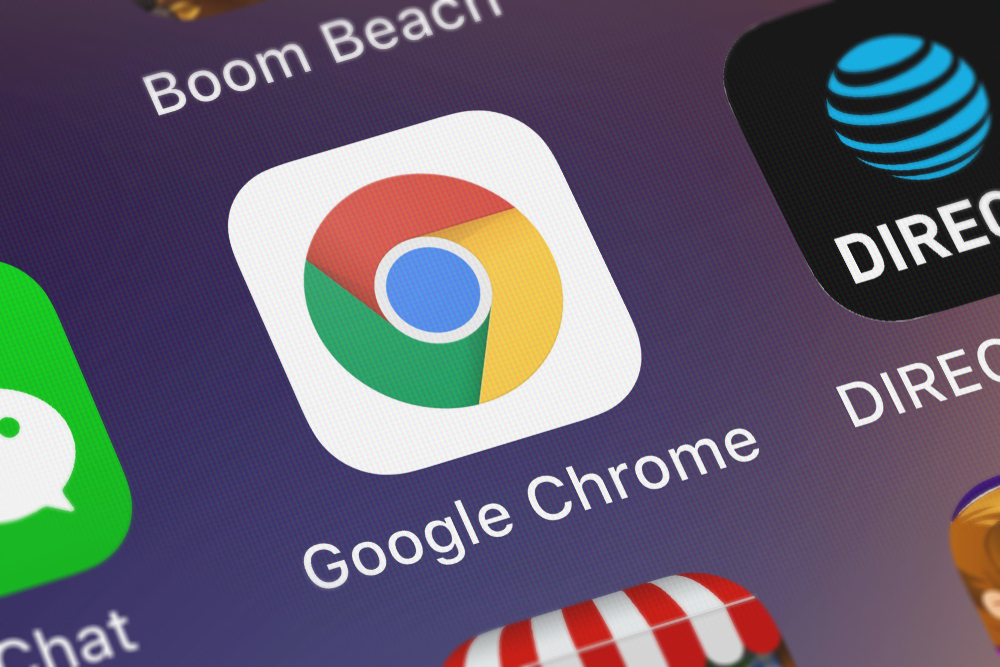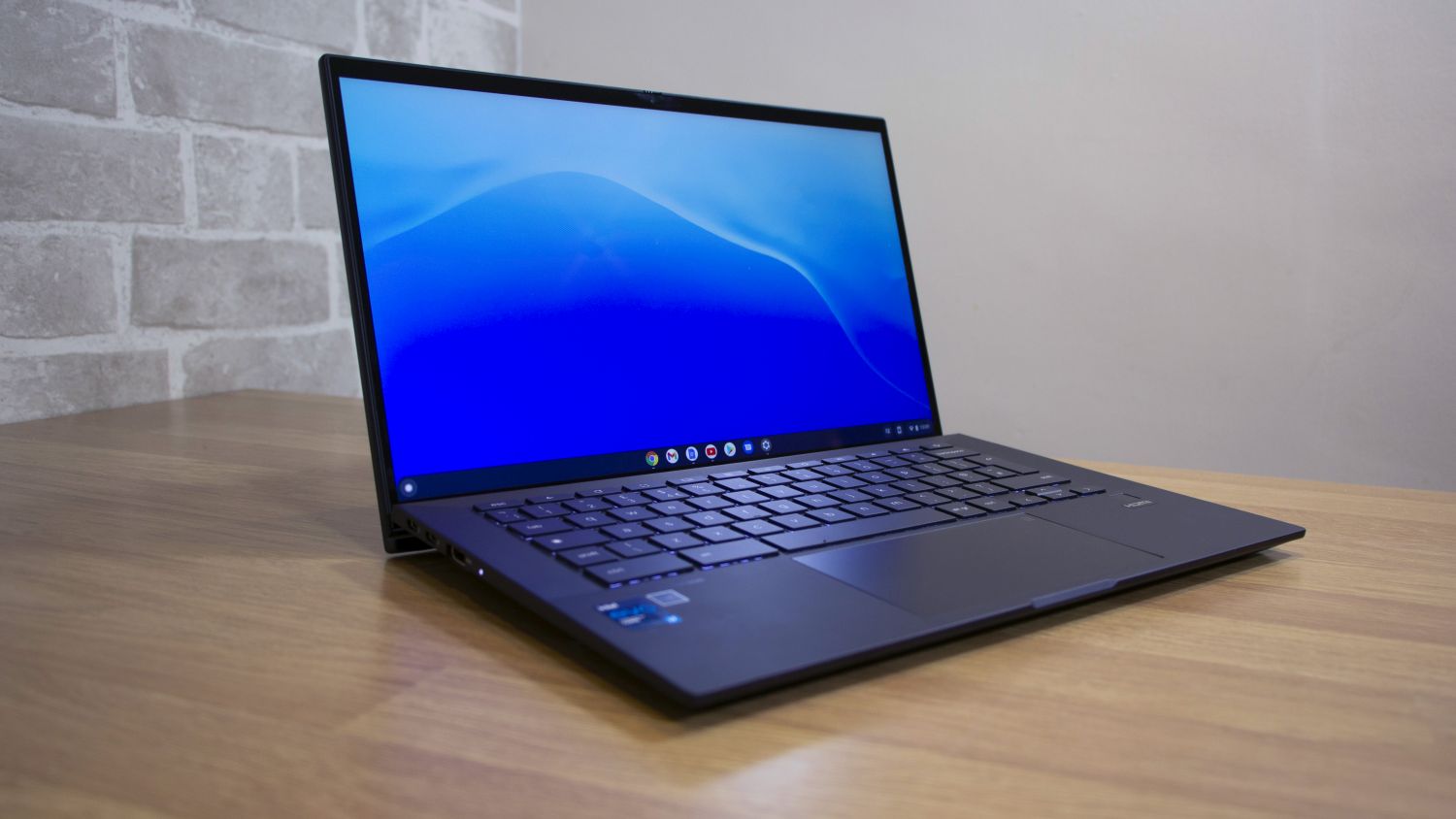IE9 a ‘non-event’ for most businesses
With no Windows XP compatibility as of yet, the release of IE9 will mean little to most companies.


Most corporate IT departments will not be affected by the release of Internet Explorer 9 (IE9), largely because of its current incompatibility with Windows XP, according to an analyst.
Microsoft pushed out the latest iteration of its browser at around 4am this morning.
Whilst the Redmond giant claimed the "best experience of the web is on Windows with Internet Explorer 9," Ovum principal analyst Richard Edwards said, for most businesses, the launch would be a "non-event."
"This is largely because IE9 does not run on Windows XP - the operating system running on 67 per cent of corporate desktops," Edwards said.
"Organisations with public-facing websites will probably try and encourage consumers to use the more capable, web standards compliant IE9 in order to make life easier for their web developers and to wow them with a richer experience, but non-technical users will probably wait until Microsoft pushes the browser out in a Windows service pack."
Edwards said in the coming years the real browser wars would not be on the desktop but on the smartphone and tablet.
"This is where Microsoft's existing browser offering still has a lot of catching up to do," he added.
Sign up today and you will receive a free copy of our Future Focus 2025 report - the leading guidance on AI, cybersecurity and other IT challenges as per 700+ senior executives
What's new?
Despite questions over the impact IE9 would initially have, businesses who do decide to adopt the browser will gain a range of additional features.
In particular, Microsoft has talked up the browser's hardware acceleration, which will help power HTML5 content.
The firm said IE9 could unlock 90 per cent of the PC's power which has not been exploited by previous browsers and this should improve the overall user experience.
Microsoft has been working with Adobe on ensuring Flash Player can take advantage of the hardware acceleration capabilities as well.
There is also the ability to place favourite websites on the Windows 7 Taskbar to gain quick access to those sites.
As for security, Microsoft has kept the tracking protection feature added to a beta version in December. Both Mozilla and Google have been working on similar features within their respective Firefox and Chrome browsers.
Meanwhile, two SmartScreen technologies in the form of malware protection and a download feature, designed to remove warnings on well-known files and bring up starker warnings when a file has a higher risk, have been added.
According to Microsoft, IE9 can block 99 per cent of socially engineered malware attacks five times more than Firefox and 33 times more than Chrome.
Tom Brewster is currently an associate editor at Forbes and an award-winning journalist who covers cyber security, surveillance, and privacy. Starting his career at ITPro as a staff writer and working up to a senior staff writer role, Tom has been covering the tech industry for more than ten years and is considered one of the leading journalists in his specialism.
He is a proud alum of the University of Sheffield where he secured an undergraduate degree in English Literature before undertaking a certification from General Assembly in web development.
-
 Microsoft angers admins as April Patch Tuesday delivers password feature without migration guidance
Microsoft angers admins as April Patch Tuesday delivers password feature without migration guidanceNews Security fixes include a zero day exploited by a ransomware group and seven critical flaws
-
 Spanish spyware outfit uncovered, develops exploits for Windows, Chrome, and Firefox
Spanish spyware outfit uncovered, develops exploits for Windows, Chrome, and FirefoxNews Google was only able to discover the company after an anonymous submission was made to its Chrome bug reporting programme
-
 Google adds new security vendor plugins for Chrome, improved Chrome OS policy controls for IT admins
Google adds new security vendor plugins for Chrome, improved Chrome OS policy controls for IT adminsNews New integrations across various security pillars aim to improve Chrome OS and Chrome browser security for enterprise customers
-
 Google patches second Chrome browser zero-day of 2022
Google patches second Chrome browser zero-day of 2022News Google acted quickly to secure against the type confusion vulnerability that was under active exploitation
-

 Acer Chromebook Spin 513 review: Cheap and mostly cheerful
Acer Chromebook Spin 513 review: Cheap and mostly cheerfulReviews An affordable Chromebook convertible with good looks but mediocre performance
-
 Google says Chrome is now faster than Safari on Apple Silicon
Google says Chrome is now faster than Safari on Apple SiliconNews According to Apple's own benchmarks, Chrome 99 scored the highest out of any browser ever tested
-
 Google Chrome update fixes zero-day under active exploitation
Google Chrome update fixes zero-day under active exploitationNews Google releases a fresh wave of patches for severe vulnerabilities that could facilitate code execution and system takeover via Google Chrome
-

 Asus Chromebook CX9 (CX9400CE) review: The most stylish Chromebook on the market
Asus Chromebook CX9 (CX9400CE) review: The most stylish Chromebook on the marketReviews A sleek, expensive Chromebook that tries to bring professional style to Google’s OS


